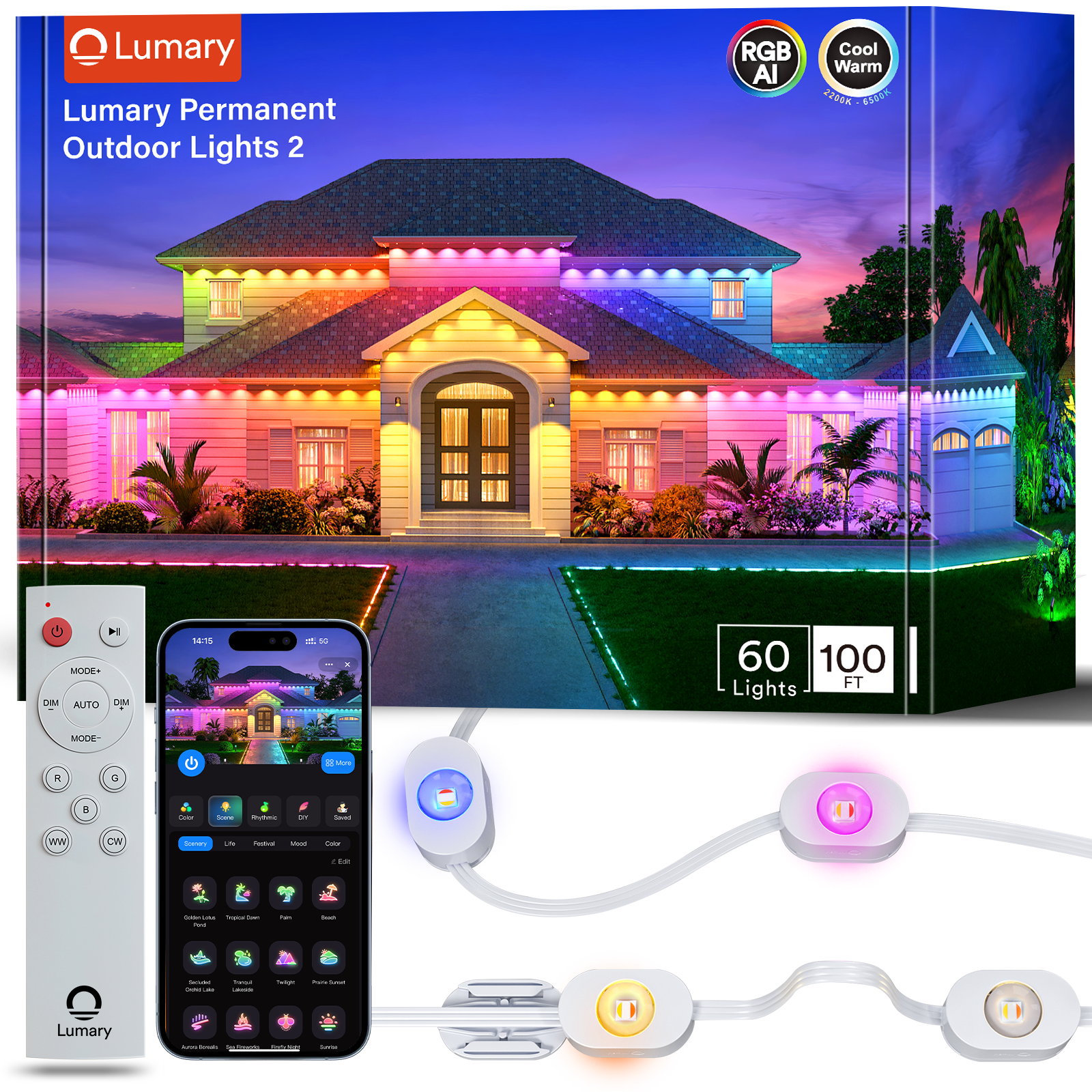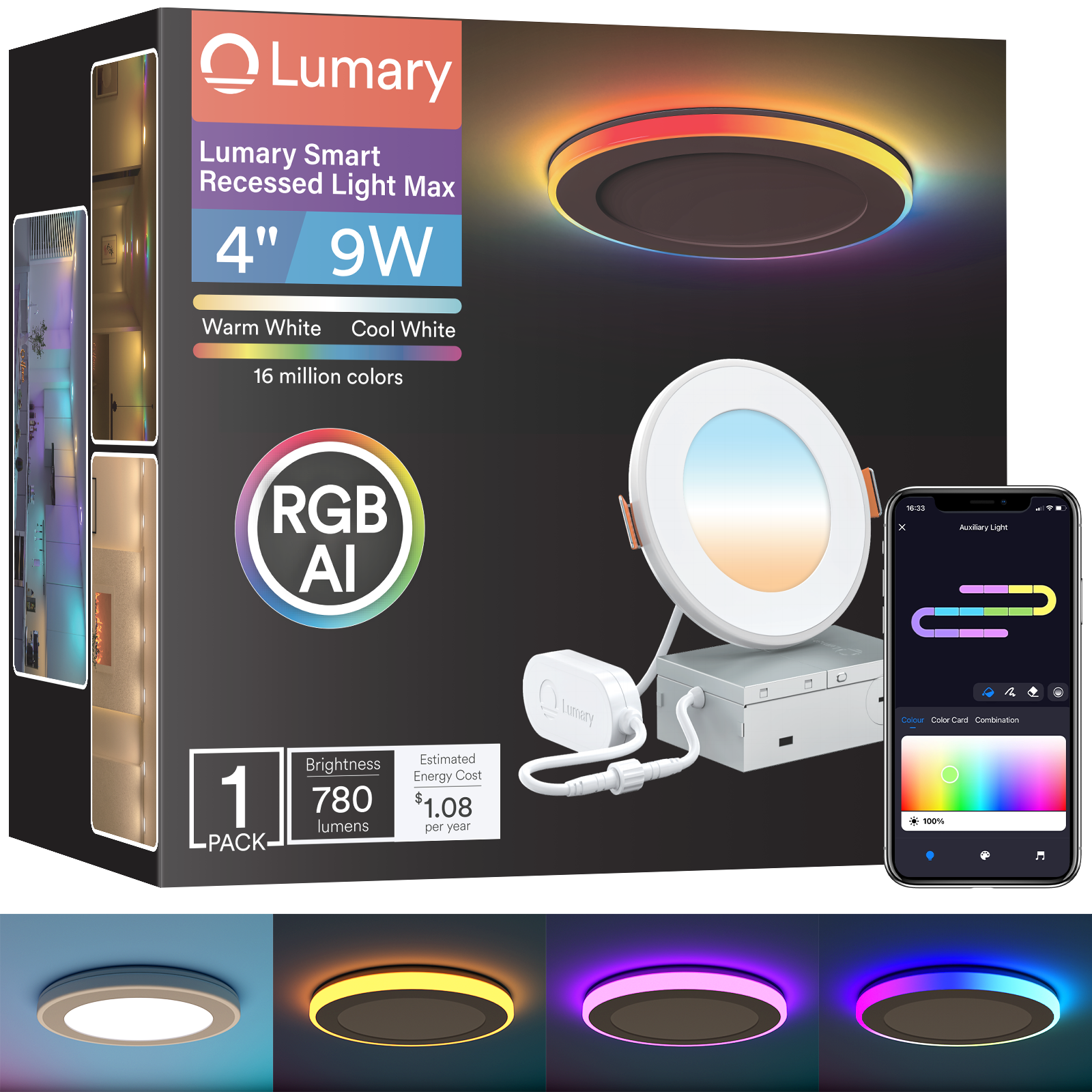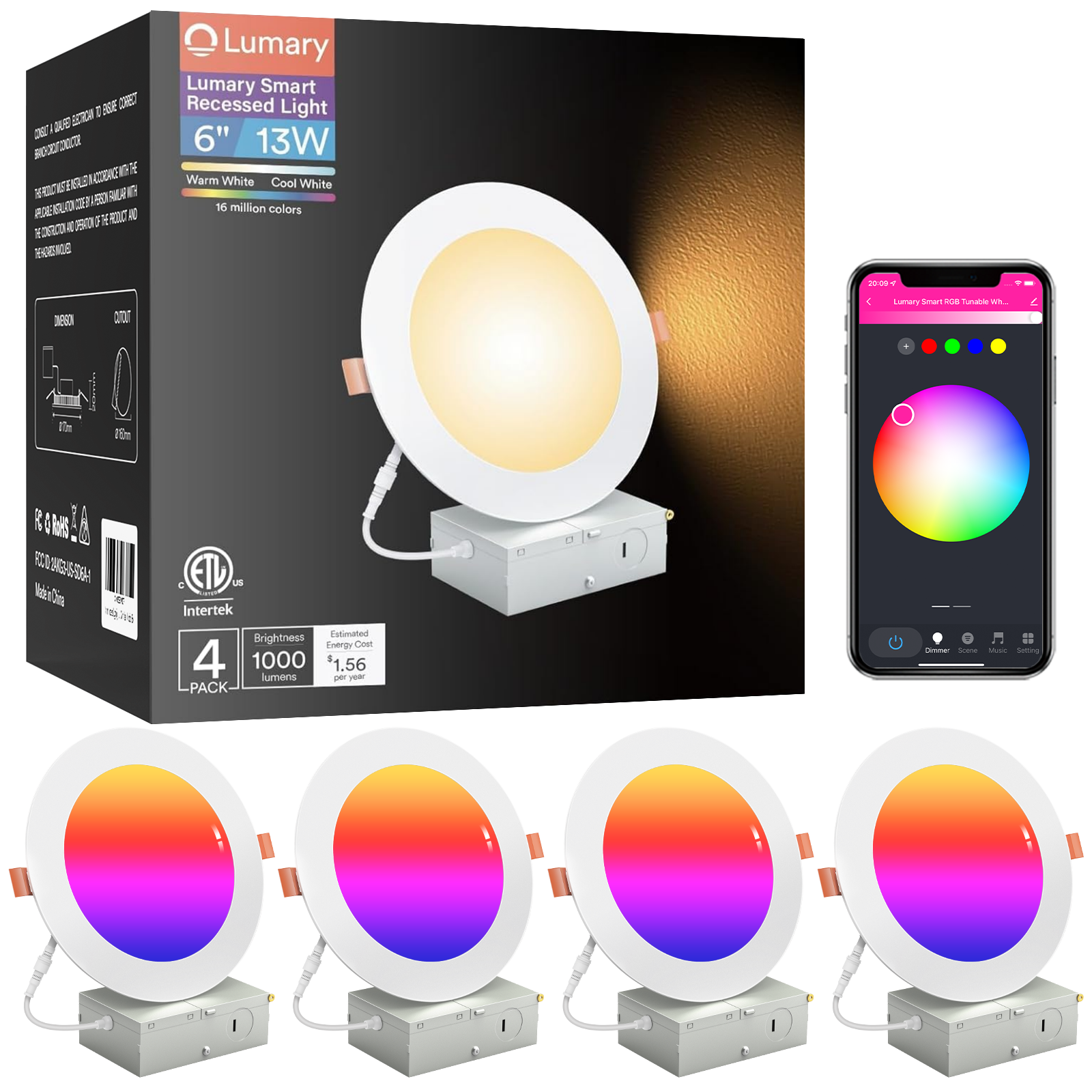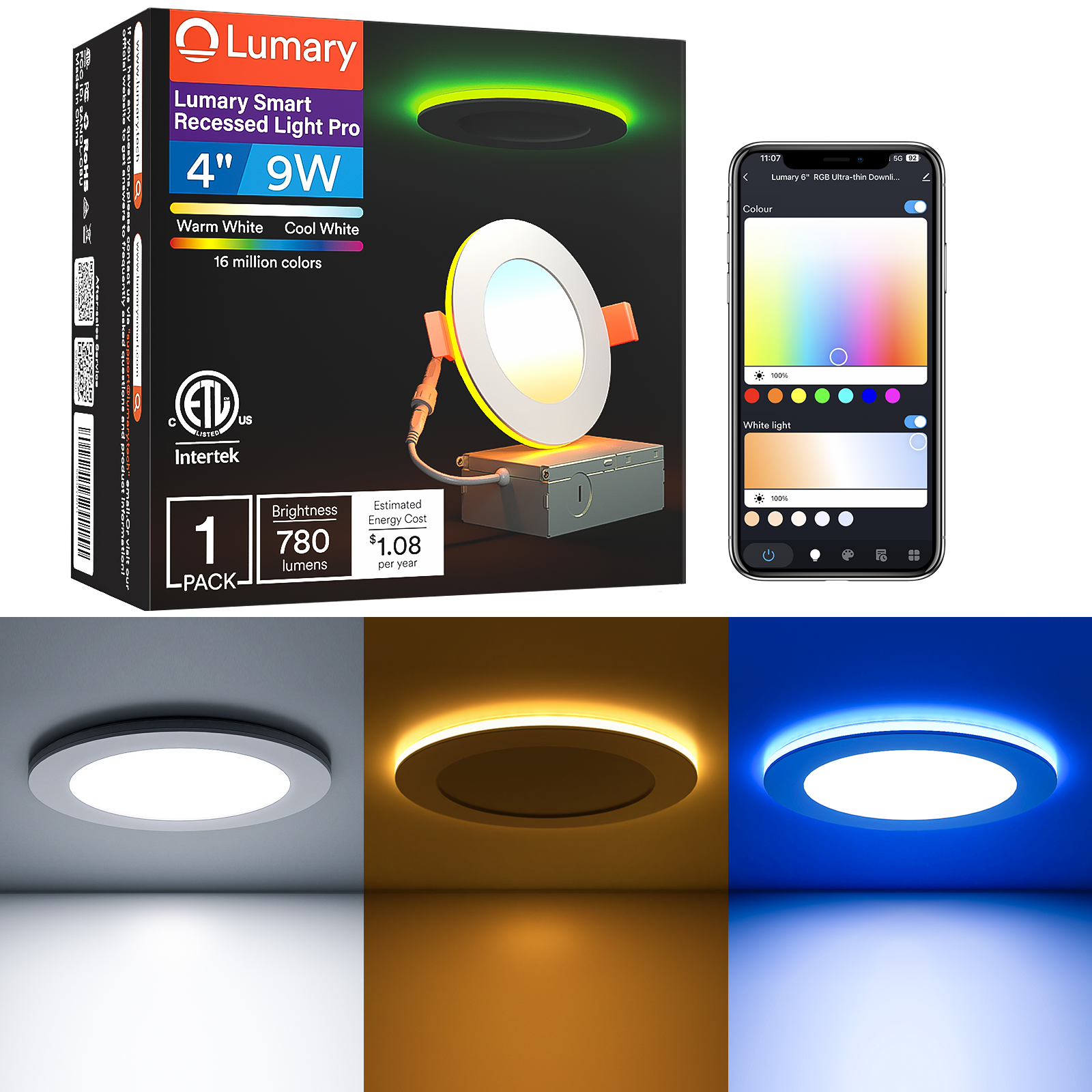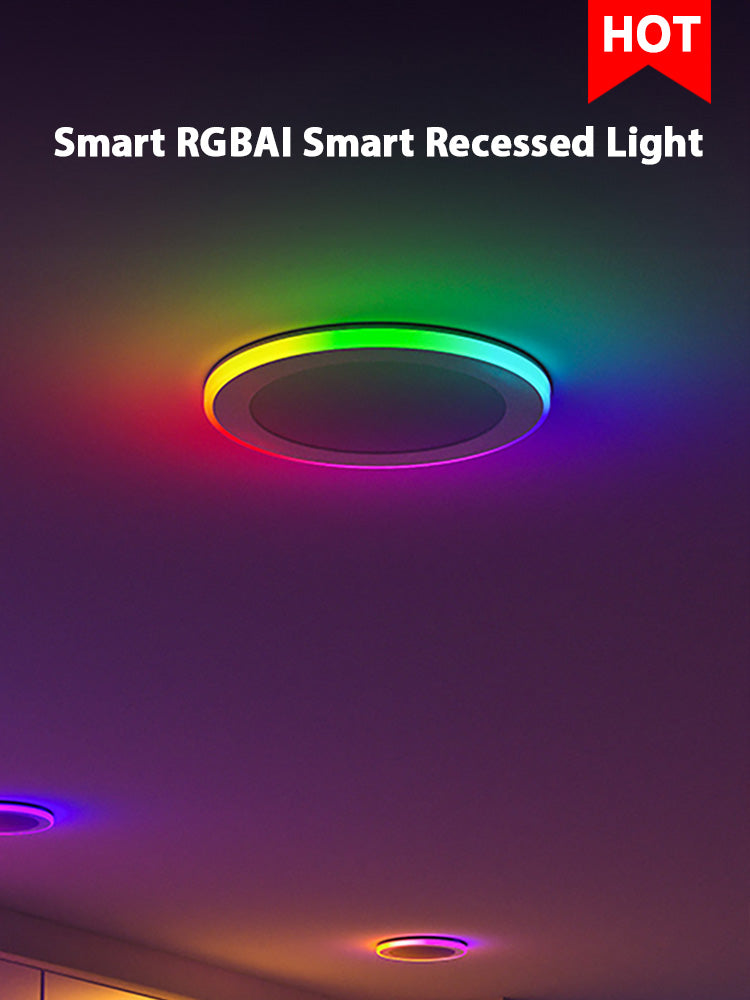Energy-efficient lighting transforms how you illuminate your outdoor spaces. You can significantly reduce energy consumption by choosing LED lights for home outdoor use. Outdoor lighting plays a crucial role in enhancing safety and aesthetics in modern settings. LED technology offers numerous advantages, such as longevity and cost savings. For instance, switching to LEDs can save you around $4,000 over 20 years. This makes LEDs an excellent choice for sustainable and economical outdoor lighting solutions.
Understanding Energy-Efficient Lighting

What Makes Lighting Energy-Efficient?
Key Characteristics of Energy-Efficient Lighting
Energy-efficient lighting stands out due to its ability to provide the same level of illumination while consuming less power. You will find that these lights often use advanced technologies, such as LEDs, which convert a higher percentage of electricity into light rather than heat. This efficiency reduces energy waste and enhances performance. Additionally, energy-efficient lighting typically boasts longer lifespans, reducing the need for frequent replacements. For example, LED bulbs can last up to 25,000 hours, significantly outlasting traditional incandescent bulbs, which average only 1,200 hours.
Comparison with Traditional Lighting Solutions
When you compare energy-efficient lighting with traditional options, the differences become clear. LED lights consume 25% to 80% less power than incandescent or CFL lights. This translates into substantial savings over time. For instance, switching to LEDs can save you around $4,000 over 20 years. Moreover, LEDs offer superior durability and reliability, making them a more sustainable choice. Traditional lighting solutions, on the other hand, often require more frequent replacements and consume more energy, leading to higher costs and environmental impact.
Benefits of Energy-Efficient Outdoor Lighting
Environmental Impact
By choosing energy-efficient outdoor lighting, you contribute positively to the environment. These lights reduce greenhouse gas emissions by consuming less electricity, which often comes from fossil fuels. You also help decrease the demand for energy production, which can lead to fewer power plants and less pollution. Furthermore, many energy-efficient lighting options, like solar-powered LEDs, harness renewable energy sources, further minimizing your carbon footprint.
Cost Savings and Economic Benefits
Energy-efficient outdoor lighting offers significant cost savings. You will notice a reduction in your electricity bills due to lower energy consumption. Over time, these savings can accumulate, providing a substantial financial benefit. Additionally, the long lifespan of energy-efficient lights means fewer replacements and maintenance costs. This durability ensures that your initial investment pays off in the long run, making energy-efficient lighting a wise economic choice for your outdoor spaces.
Exploring LED Lights for Home Outdoor
How LED Technology Works
Basic Principles of LED Functionality
LEDs, or Light Emitting Diodes, operate on a simple yet effective principle. When electricity passes through a semiconductor material, it emits light. This process is highly efficient because LEDs convert most of the energy into light rather than heat. Unlike traditional bulbs, which waste a lot of energy as heat, LEDs focus on providing illumination. This efficiency makes LED lights for home outdoor use an excellent choice for energy-conscious homeowners.
Advantages Over Other Lighting Technologies
LED technology offers several advantages over traditional lighting options. First, LEDs consume significantly less power. For example, an 800-lumen LED bulb uses only about 10 watts, compared to a 60-watt incandescent bulb. This means you can illuminate your outdoor spaces without worrying about high energy bills. Additionally, LEDs have a longer lifespan, often lasting up to 25,000 hours. This durability reduces the need for frequent replacements, saving you time and money. Furthermore, LEDs are more environmentally friendly, as they contain no harmful substances like mercury.
Types of LED Lights for Home Outdoor
LED Floodlights
LED floodlights are perfect for illuminating large outdoor areas. They provide bright, wide-angle lighting, making them ideal for security purposes. You can use them to light up driveways, backyards, or any area where you need extensive coverage. With their energy efficiency, LED floodlights ensure that you maintain visibility without excessive energy consumption.
LED Pathway Lights
Enhance the safety and aesthetics of your walkways with LED pathway lights. These lights guide you along paths and garden trails, adding charm and functionality to your outdoor spaces. LED pathway lights come in various designs, allowing you to choose styles that complement your landscape. Their low energy usage makes them a sustainable option for continuous illumination.
LED Wall Lights
LED wall lights offer versatile lighting solutions for your home's exterior. You can use them to highlight architectural features or provide ambient lighting for patios and decks. These lights are available in different styles and finishes, ensuring they blend seamlessly with your home's design. With their long lifespan and energy efficiency, LED wall lights are a practical choice for enhancing your outdoor ambiance.
By understanding how LED technology works and exploring the different types of LED lights for home outdoor use, you can make informed decisions that enhance your outdoor spaces while conserving energy. Whether you choose floodlights for security, pathway lights for guidance, or wall lights for decoration, LEDs offer a reliable and efficient solution for all your outdoor lighting needs.
Implementing Energy-Efficient Outdoor LED Lighting

Planning Your Outdoor Lighting Design
Assessing Your Lighting Needs
To create an effective outdoor lighting plan, start by assessing your specific needs. Consider the areas you want to illuminate, such as pathways, driveways, or garden features. Identify the purpose of each light, whether for security, aesthetics, or functionality. Take note of any existing lighting and determine if it meets your current requirements. By understanding your needs, you can make informed decisions about the type and placement of LED lights.
Choosing the Right LED Products
Selecting the right LED products is crucial for achieving energy efficiency and desired lighting effects. Look for LED lights with high lumens per watt, indicating better energy efficiency. Consider the color temperature that suits your outdoor environment, such as warm white for a cozy ambiance or cool white for a modern look. Check for weather-resistant features, especially if the lights will be exposed to harsh conditions. Opt for products with a long lifespan to reduce maintenance and replacement costs.
Installation and Maintenance Tips
Best Practices for Installation
Proper installation ensures optimal performance and longevity of your outdoor LED lights. Begin by planning the layout and marking the locations for each light. Use appropriate tools and materials to secure the lights in place. Ensure all electrical connections are safe and waterproof to prevent damage. Follow the manufacturer's instructions for installation to avoid voiding warranties. By adhering to these practices, you can achieve a professional and reliable lighting setup.
Ensuring Longevity and Performance
Maintaining your LED lights is essential for sustained performance and energy efficiency. Regularly clean the fixtures to remove dirt and debris that may affect light output. Inspect the wiring and connections for any signs of wear or damage. Replace any faulty components promptly to prevent further issues. Consider using smart controls to manage your lighting schedule and reduce unnecessary energy consumption. By taking these steps, you can ensure your outdoor LED lights remain efficient and effective for years to come.
Case Studies and Real-World Applications
Successful Implementations
Residential Applications
You can transform your home with energy-efficient outdoor LED lighting. Many homeowners have successfully integrated LED lights into their outdoor spaces. For instance, using LED pathway lights enhances safety and adds charm to garden paths. Homeowners often choose LED floodlights for security, illuminating driveways and backyards effectively. These lights not only provide bright illumination but also reduce energy consumption significantly. By opting for LED wall lights, you can highlight architectural features and create a welcoming ambiance on patios and decks. These residential applications demonstrate how LED lighting can enhance both aesthetics and functionality.
Commercial and Public Spaces
Businesses and public spaces also benefit from energy-efficient LED lighting. Many commercial establishments use LED lights to illuminate parking lots and building exteriors. This enhances security and visibility while reducing energy costs. Public parks and recreational areas often feature LED pathway lights, ensuring safe navigation for visitors. Municipalities have adopted LED streetlights, which offer brighter illumination and lower maintenance costs. These successful implementations in commercial and public spaces showcase the versatility and efficiency of LED lighting solutions.
Lessons Learned and Best Practices
Overcoming Common Challenges
Implementing energy-efficient outdoor LED lighting may present challenges. You might encounter issues like incorrect installation or inadequate lighting coverage. To overcome these, ensure proper planning and assessment of your lighting needs. Choose the right LED products that suit your specific requirements. Follow installation guidelines carefully to avoid common pitfalls. Regular maintenance, such as cleaning fixtures and checking connections, helps prevent performance issues. By addressing these challenges proactively, you can achieve a successful lighting setup.
Maximizing Efficiency and Effectiveness
To maximize the efficiency and effectiveness of your outdoor LED lighting, consider these best practices:
-
Smart Controls: Use smart lighting systems to manage schedules and reduce energy waste.
-
Quality Products: Invest in high-quality LED lights with long lifespans and weather-resistant features.
-
Proper Placement: Position lights strategically to cover desired areas without excessive overlap.
-
Regular Maintenance: Clean and inspect lights regularly to ensure optimal performance.
By following these practices, you can enhance the efficiency and effectiveness of your outdoor LED lighting, ensuring long-term benefits and satisfaction.
Energy-efficient outdoor LED lighting offers numerous benefits. You save on energy costs and enjoy long-lasting illumination. LEDs provide substantial savings over time, making them a wise investment. By adopting sustainable lighting solutions, you contribute to a healthier environment. You reduce your carbon footprint and promote eco-friendly practices. The future of outdoor lighting technology looks promising. Innovations continue to enhance efficiency and functionality. Embrace these advancements to transform your outdoor spaces. Choose LEDs for a brighter, more sustainable future.



